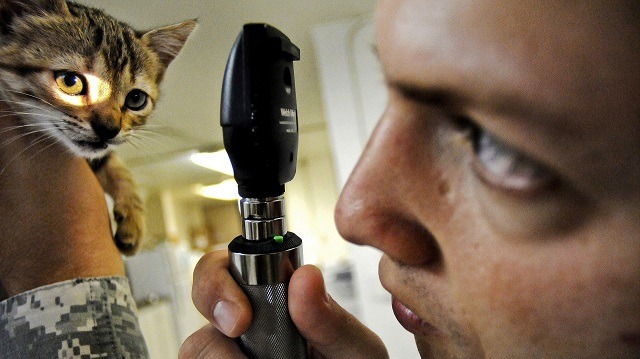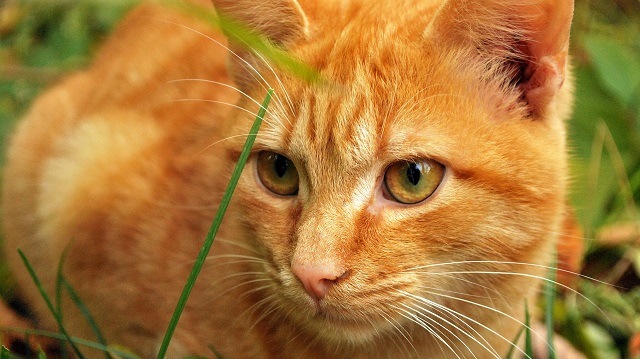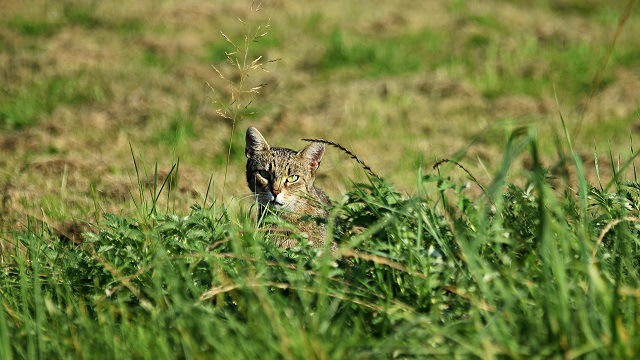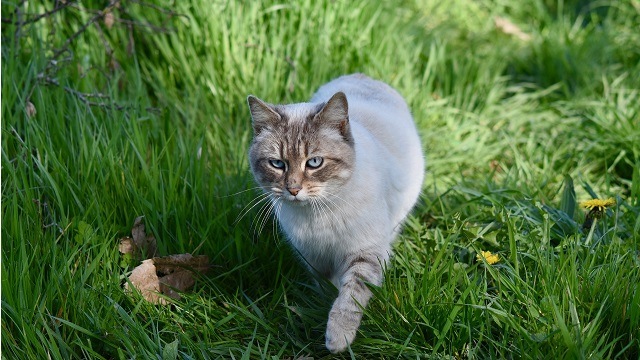How To Keep An Outdoor Cat Safe
Having a cat provides several benefits for our well-being. Still, it also carries a lot of responsibilities that every cat parent should take into account… Cats are exposed to several hazards whenever they explore unknown territory. So what can we do to ensure safe walks for our furry friends? Let’s look into how to keep an outdoor cat safe!
- Prevention is crucial to minimize health risks for both cats and humans during outdoor walks.
- Implement effective parasite control measures, even for indoor cats, to maintain a healthy environment.
- Deworming should occur every three months for adult cats; indoor cats every six months.
- Annual vaccinations are essential, tailored based on the cat's lifestyle, age, and environment.
- Microchipping and reflective collars enhance outdoor safety and visibility for your cat.
Prevention is key

Each time a cat goes for a walk, they’re exposed to several viruses, bacteria and parasites, like fleas and ticks, that can be harmful not only to their health, but also to ours. Animals who sniff, slurp, lick, and gobble anything in their paths, including dirt, trash, and poop, are bound to pick up pathogens that may induce disease and can be transmitted to playmates and companions, feline and human alike. In this context, prevention is a key point to limit disease spreading.
Cats tend to walk over all our furniture around the house (whether they’re allowed to do so or not!)… And plenty of them just love to take a nap inside our bed sheets. Adopting an effective parasite control plan is mandatory, even if your cat doesn’t go outside… Humans can also bring ticks and fleas indoors.
There are several solutions available on the market for tick and flea control, like spot-on products, pills and collars. The durability of the protection depends on the product used. Spot-on and the majority of pills usually last for one month… But collars can be effective for 6 months (depending on the brand and usage).
Deworming and vaccines

Deworming is also important to assure a clean and healthy environment at home. The deworming plan will depend on the age of your pet and the kind of activity they usually engage in. Still, during adulthood, it should be done at least every 3 months with a broad spectrum medication. For exclusively indoor cats, you only have to remember to deworm every 6 months. Lucky you!
Concerning the vaccination protocol, there are usually some core vaccines every cat must have which should be given annually. Each animal should be vaccinated even if they don’t have any contact with other animals. The vaccination protocol can vary and it depends on several factors:
- Your pet’s geographical localization (as hazards and country laws vary);
- Their lifestyle;
- Their age;
- Whether they were previously vaccinated.
Creating a calendar to help you keep track of when you should deworm, protect against external parasites or go to the veterinarian to vaccinate your kitten, is a good idea!
Additional advice

You’re probably wondering what else you can do regarding how to keep an outdoor cat safe. Here are some: get your cat microchipped and add an identity tag to their collar or harness. To ensure your animal is easily seen on the street, use a reflective collar. Avoid putting a bell on your cat’s collar, as it can be extremely stressful for them!
Maven’s vet team strongly advises you to adopt the most suitable prevention measures for your cat’s lifestyle. If you have any questions, feel free to reach out to them for help! Our buddies bring us so much joy… It’s only fair that we do everything in our power to guarantee their safety during walks!
Maven Pet focuses on improving the quality of life of our pets with technology, using artificial intelligence (AI) to enable proactive pet care. By accurately collecting and monitoring pet data 24/7 and flagging any irregularities, Maven Pet empowers pet parents and veterinarians to stay ahead of potential health issues, ensuring the well-being and longevity of our beloved companions.




